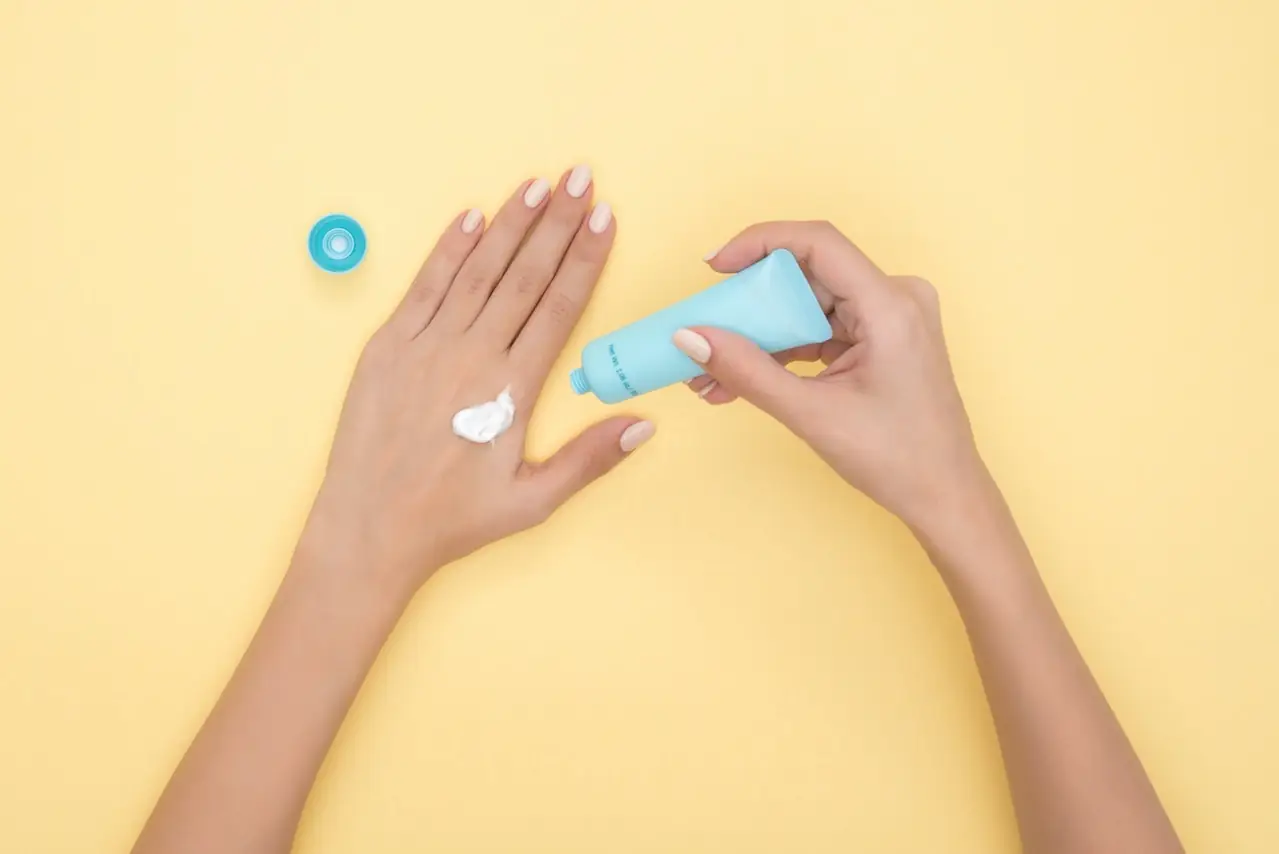
Sunscreen is the one item that you cannot choose randomly from the store shelf. The packaging or the name does not guarantee the formula's ability to protect you from the sun's rays.
You must have sunscreen that protects you in and out of the water. A sunscreen that doesn't turn your face into a greasy, white mess. Sun protection that won't cause skin irritation.
That's why you can only run out and buy sunscreen after thinking about it first. This is a significant choice that should not be made lightly. But what are the specific factors to consider about?
ALSO READ: Stop Making These 10 Common Sunscreen Mistakes
Things You Should Consider When Buying Sunscreen
Keep a few things in mind when searching for high-quality, broad-spectrum sunscreen.
1. Be Aware of Your Skin Type
Numerous sunscreens exist, each formulated for a different skin type (dry, oily, or sensitive). Michael Shapiro, a board-certified dermatologist and skin cancer surgeon advised us that people with dry skin should avoid sunscreen sprays or gels with alcohol and instead look for ingredients like glycerin, lanolin, oils, silicones (like dimethicone), and aloe. Lightweight or gel lotions containing silica or isododecane are ideal for oily skin.
Mineral sunscreens containing titanium dioxide or zinc oxide are gentle enough for sensitive skin because they are hypoallergenic and fragrance-free. Preservatives and alcohol should be avoided.
2. Avoid Alcohol If You Have Rosacea, but Consider If You Get Acne
Alcohol is a common ingredient in sunscreen, so people with rosacea or acne should be aware of this possibility before applying it. Avoiding sunscreens with alcohol is recommended by the Skin Cancer Foundation for those who suffer from rosacea or are allergic, but "patients with acne may find gel formulas, which usually contain alcohol, less likely to aggravate acne," according to the organization. Oily, cream-based sunscreens may not be the best option for people prone to acne, but these may be a better option. Yet another suggestion for preventing acne? Ensulizole, a UVB filter, is less heavy and oily than other chemical sunscreens. Finally, pay attention to your skin's signals. For instance, the drying effects of acne medication can be mitigated by using a light cream.
3. Use SPF 30 to 50
Radiation from the sun's ultraviolet (UV) A and UVB rays can contribute to skin cancer; the former can also cause wrinkles and hasten age, while the latter can lead to painful sunburns. To block 97% of the sun's harmful UVB rays, the American Academy of Dermatology (AAD) suggests using sunscreen with at least an SPF of 30. Fair-skinned people and those who burn easily benefit most from higher SPFs, but it's essential to keep in mind that the differences between SPF 15 (which offers 93% protection) and SPF 30 (which offers 108% protection) are relatively small. Although the American Academy of Dermatology (AAD) advises that those with fair skin or who burn easily use sunscreen with an SPF of at least 50, you shouldn't insist on using the highest possible SPF. Why? No sunscreen has been shown to block the sun's rays completely, and no evidence suggests that SPFs above 50 provide additional protection.
4. Sunscreen Ingredients
Reviewing the formula's ingredients can give you peace of mind that your needs will be met in terms of quality and coverage. Always check the label for the words "broad spectrum" to ensure you're protected from UVA and UVB rays. Zinc oxide and titanium dioxide are naturally occurring minerals used in mineral (or physical) sunscreens to reflect the sun's rays away from the skin. However, chemical sunscreens use compounds like bemotrizinol, avobenzone, and biscotizole, all of which offer broad-spectrum protection.
Also, the Environmental Working Group (EWG) warns against using products containing oxybenzone because it can cause allergic skin reactions and may disrupt hormones. Also problematic is the preservative methylisothiazolinone.
5. Incorporate Sunscreen Into Your Makeup Routine!
Including sunscreen application as part of your daily morning routine is a great way to ensure you'll do it. While many foundations now boast sun protection factor (SPF) ratings, relying solely on a foundation as your daily SPF would be unwise. Always use sunscreen before or after you put on makeup, and consider using a protective moisturizer. A thin layer of sunscreen, roughly the size of a quarter, should be applied to the face, neck, and ears. To remove any excess sunscreen, wait a few minutes and then wipe the area with a tissue. Make sure that the sunscreen is removed from your hands before you put on any cosmetics.
Is it necessary to reapply sunscreen later in the day if you've already put on makeup? Most people need more time to wash their faces and start over, even though that's the recommended course of action. Instead, we recommend using a setting spray that doubles as sun protection, which you can reapply throughout the day to refresh your makeup and protect your skin.
6. Stock up for the "Outdoor" Season
You must apply enough sunscreen or reapply at the correct times to benefit from its full protective power. According to AAD, most people need to use "at least one ounce of sunscreen, about the amount you can hold in your palm" to get enough coverage, and sunscreen should be reapplied at least every two hours.
Sunscreen has two to three years of shelf life, so estimating how much you'll need before making a purchase is essential. Stock up if you plan on spending a lot of time in the great outdoors.
7. Pick A Sunscreen You Like Wearing
Selecting a sunscreen that you feel comfortable in will increase the likelihood that you will use it to prevent sun damage. To have a sunscreen that is effective in every way except being comfortable to wear is a wasted effort. You might be more motivated to keep applying sunscreen if it has appealing extras (like shimmer, tint, or fruit extracts). Sometimes that could be the deciding factor.





